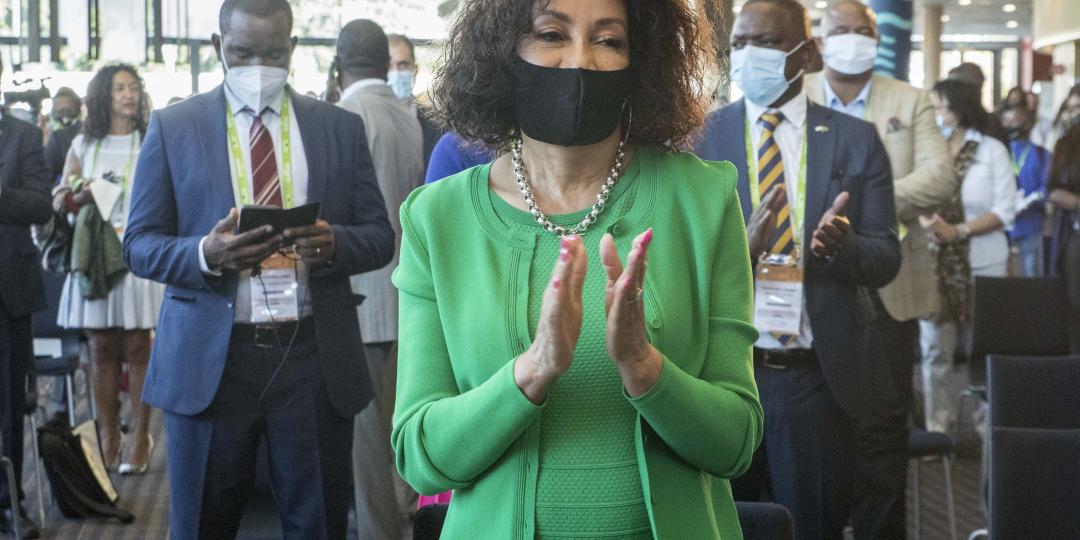One of the biggest buzzwords at Africa’s Travel Indaba this year is the word collaboration, with many government and industry leaders emphasising the need for African countries to collaborate to grow tourism and airlift on the continent.
“Africa’s Travel Indaba is a springboard for the continent to achieve even greater levels of recovery. We are here because we have a collective responsibility to reignite the African continent’s tourism growth and economy,” said Minister of Tourism, Lindiwe Sisulu.
She said all role players in the industry should continue to drive growth in tourism by bringing together a range of Africa’s best and most unique stories and products from across the continent, and connecting them with buyers from across the world.
Sisulu added that Indaba was about reigniting the spark in old relationships and building new, meaningful connections. “As a sector, we are here to cement our partnerships and collaborations. It can only be to our benefit that we are a sector committed to sharing ideas and knowledge, in a bid to ensure that we advance our Tourism Sector Recovery Plan.”
Commitment to address challenges
The potential for growth is there, with UNWTO data showing that the continent welcomed some 18,5 million foreign travellers in 2021, up from 16,2 million in 2020. Of that figure, 6,1 million made their way to North Africa and 12,3 million went to sub-Saharan Africa.
Furthermore, the UNWTO showed that January 2022 experienced a 51% improvement in international tourist arrivals compared to January 2021.
But according to Sisulu, Africa continues to struggle with numerous barriers to tourism growth, which include poor road infrastructure between major cities, limited airlift and stringent immigration regulations.
“I have had several engagements with my fellow cabinet members in related departments, in a bid to partner and address these challenges as we together work towards our sector’s recovery.
“We have already seen positive developments around the roll-out of the e-visa regime for some our key source markets. This is not only important for South Africa’s tourism sector recovery, but also for the greater continent’s intra-trade activities,” she said.
‘Private sector must now lead the way’
Speaking during a media panel discussion, CEO of the Tourism Business Council South Africa (TBCSA) Tshifhiwa Tshivhengwa, noted that it was not just at government level that collaboration was needed.
“The private sector must now also lead the way and ensure that the Southern African Development Community (SADC) region works together to address the collective barriers to travel – such as visa access and harmonised regulations,” he said.
To that end, TBCSA was facilitating the creation of a Tourism Committee consisting of private sector role players across the region to ensure engage with governments and ensure the policy makers properly understand the impact of the barriers as well as the potential revenue opportunities should these barriers be properly addressed.























